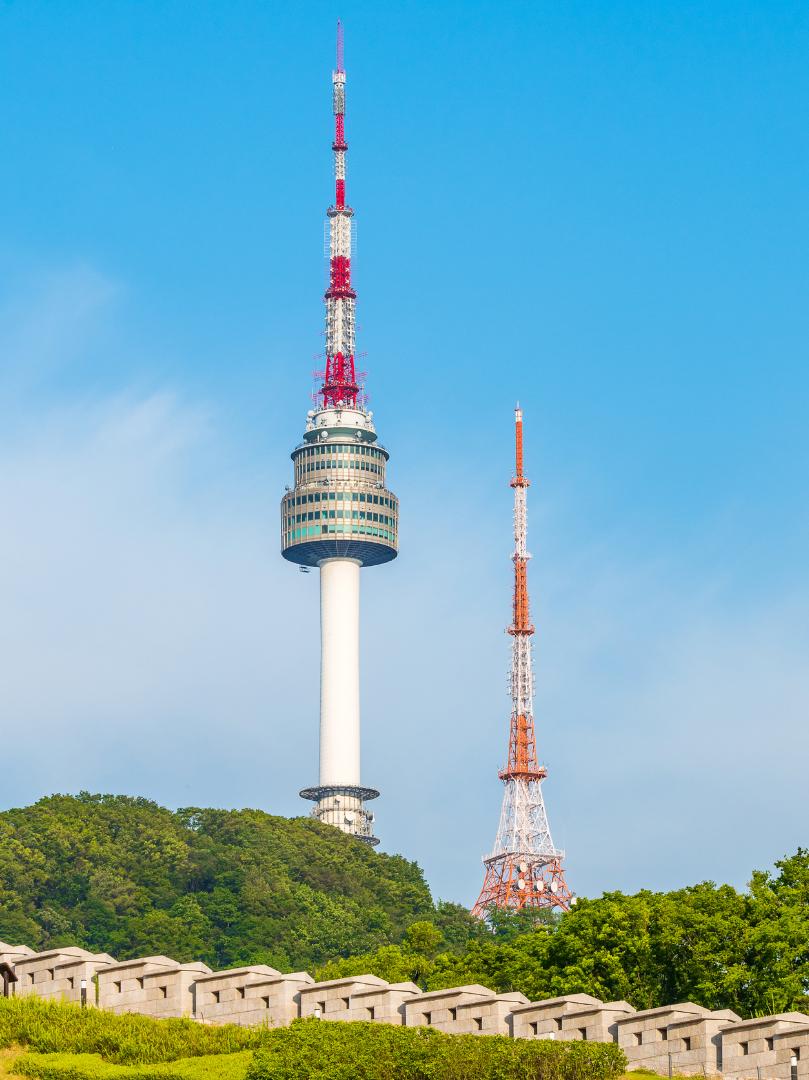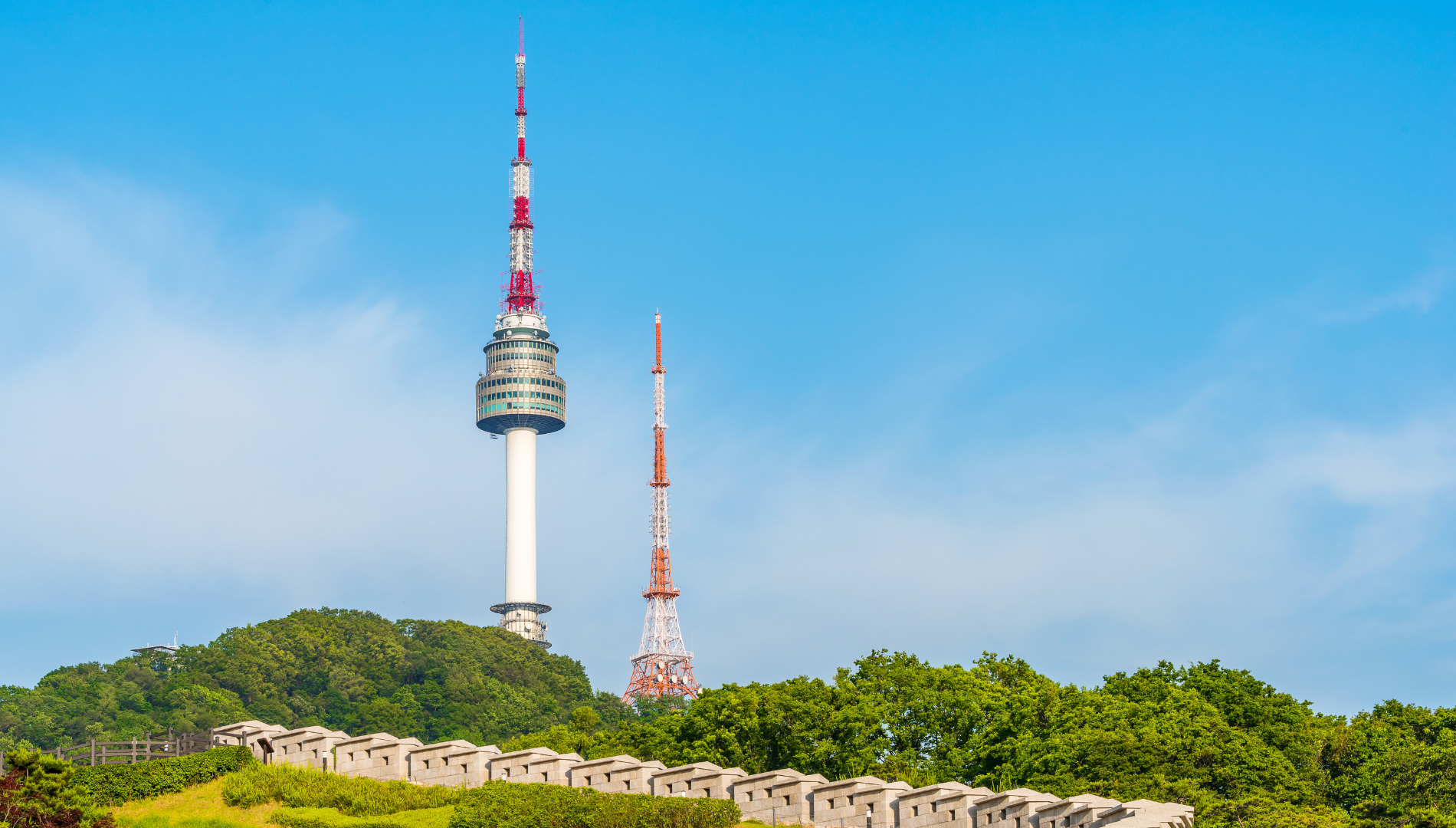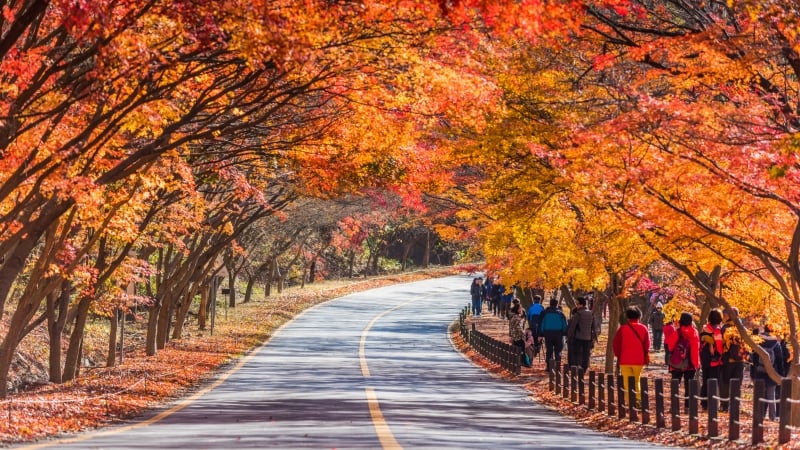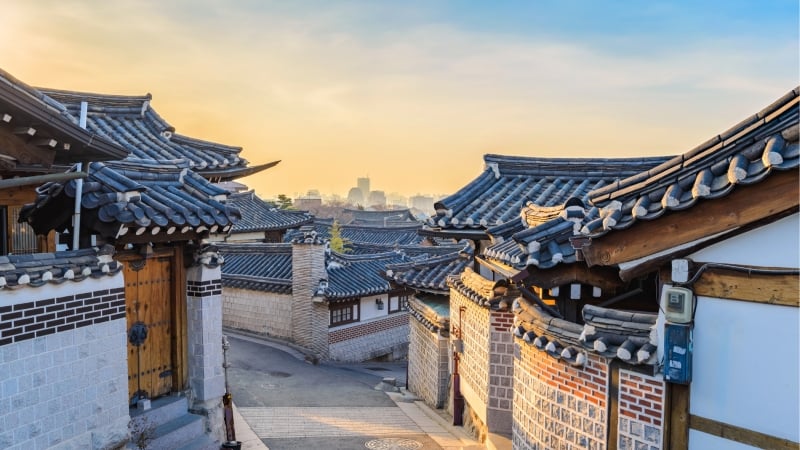According to officials managing Hallasan National Park, the indiscriminate littering by tourists, including instant noodle broth, is polluting water sources and affecting the mountain ecosystem. Instant noodle broth contains high levels of salt, which can harm aquatic organisms and contribute to eutrophication, causing ecological imbalance.
The Mount Halla National Park Office posted on Facebook: “Instant noodle broth contains a lot of salt, so releasing salt along the valley’s waterways will make it impossible for aquatic insects to survive in the polluted water.”
According to a press release, the mountain's management has launched a campaign urging hikers not to pour instant noodle broth onto the mountain or into streams in order to protect the clean environment.
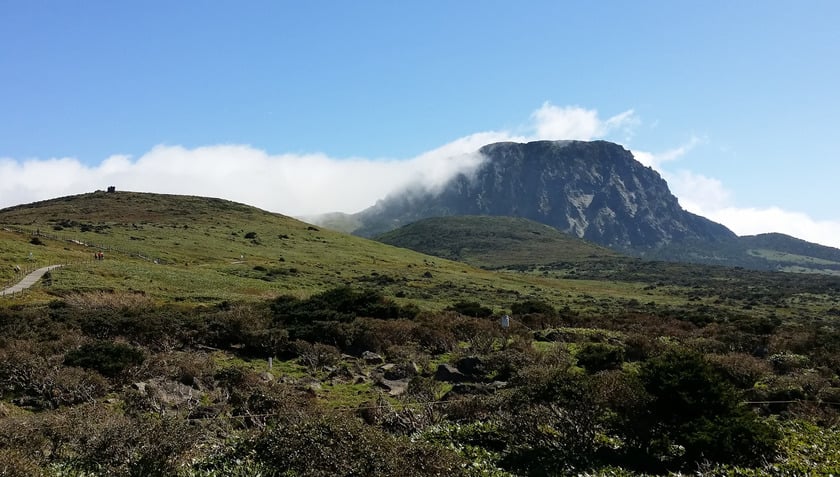
Mount Halla is known as the "roof of South Korea".
Authorities have put up numerous signs calling for the preservation of the mountain's pristine condition for future generations, and urging climbers to use only half the amount of water when cooking instant noodles.
According to this agency, the reason instant noodle water is harmful to the environment is due to its high salt content, which threatens aquatic life and pollutes the soil.
Traditionally in Korea, mountain rest areas prohibit selling goods and cooking, but hikers still bring thermos flasks to cook their own noodles. Due to the large number of hikers, the available trash cans on the mountain can only hold solid waste, not enough to hold leftover noodle water, causing many people to dump it directly onto the ground or into the toilet.
The "anti-noodle soup" campaign on Mount Hallasan is receiving widespread support on social media. Many people are calling for a complete ban on bringing food up the mountain, similar to policies implemented on other mountains.

Concerned about the harmful effects of instant noodle culture, the South Korean government has implemented various measures to protect this mountain.
Smoking, littering, drinking alcohol, and trespassing are all prohibited behaviors on Mount Halla. Violators may face fines of up to 2,000,000 won (approximately 36.8 million VND).
The problem of instant noodle waste is not unique to South Korea; it's a common issue in many countries worldwide. The increasing popularity of instant noodles has led to a significant increase in plastic waste. Plastic waste from instant noodles is often not properly sorted and processed, causing pollution of soil, water, and air.
Mount Halla, at 1,947 meters, is the highest mountain in South Korea and is located in the popular Jeju Island. According to South Korean government statistics, 923,680 people visited Mount Halla in 2023. In South Korea, mountain climbers often bring instant noodles in disposable cups to eat throughout the day.
Hallasan is part of the UNESCO-recognized Jeju Volcanic Island and Lava Tube Heritage Site. According to South Korean government statistics, 923,680 visitors came to the site last year.

 VI
VI EN
EN



